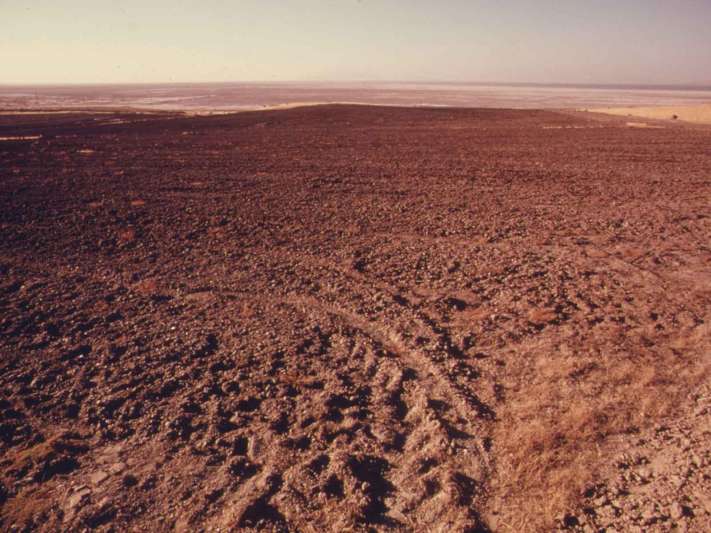The battle of Vizag with air pollution is not unknown. According to the recent studies, the same effluents which have been causing air pollution are also causing soil pollution, resulting in heavy metal contamination in the soil in parts of Vizag. The researchers collected samples from the Old town, Gnanapuram, Gajuwaka industrial region, etc. and found those areas were subjected to considerable soil degradation with heavy metals such as lead, copper, chromium, zinc, etc.
According to reports, B Sujatha, a professor at the Department of Botany, AU, and lead researcher of the two studies, explained; “Our first study area was Old town and Gnanapuram, which have been severely threatened by the growing levels of heavy metal pollution due to the discharges from the industries in the vicinity. Our study found that the Old Town area and Gnanapuram were under a considerable degree of soil contamination. The heavy metals in the soil samples include copper, nickel, lead, zinc, etc.”
The heavy metals in the soil can leach into the groundwater as well increase input to the food chain, putting human health at risk. Though many of the elements are biologically essential, the accumulation of toxic metals will reduce the soil fertility affecting both vegetation and biodiversity of that particular area. The mean values of lead level in the soils of Old Town and Gnanapuram were 43.77 mg/kg and 30.21 mg/kg against the normal 25 mg/kg.
When a second study was conducted in the industrial areas of Visakhapatnam, these soil samples showed higher levels of heavy metal concentration of: mercury, cadmium, lead, chromium and arsenic. “Cleaning the contaminated soil is not only a daunting task, but also an extremely expensive and difficult endeavour. Once the heavy metals are allowed to contaminate the environment, they will persist and continue to remain in the environment for a long span of time,” said Dr Sujatha.










Discussion about this post